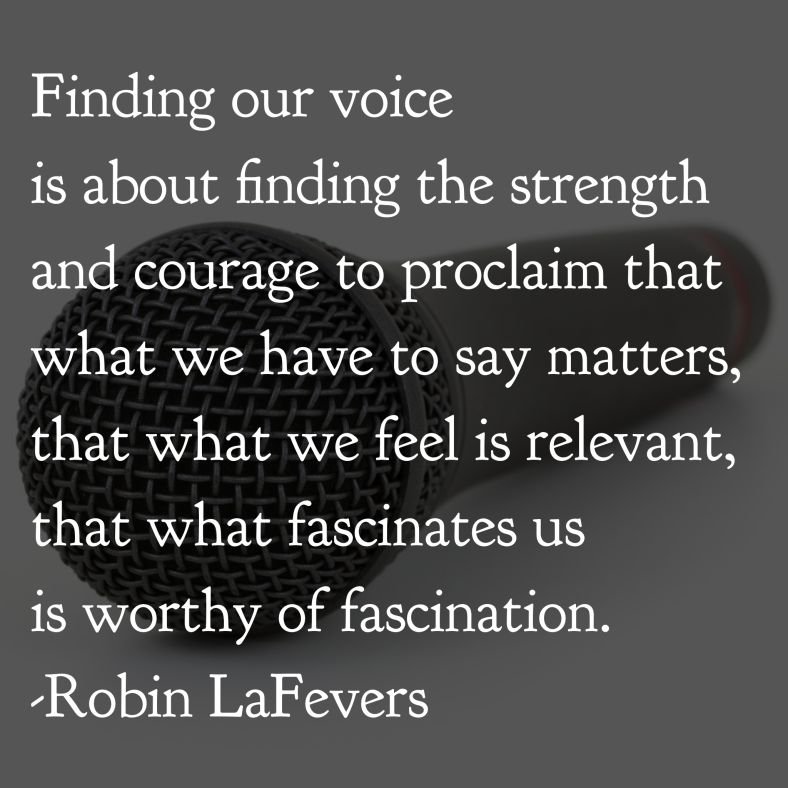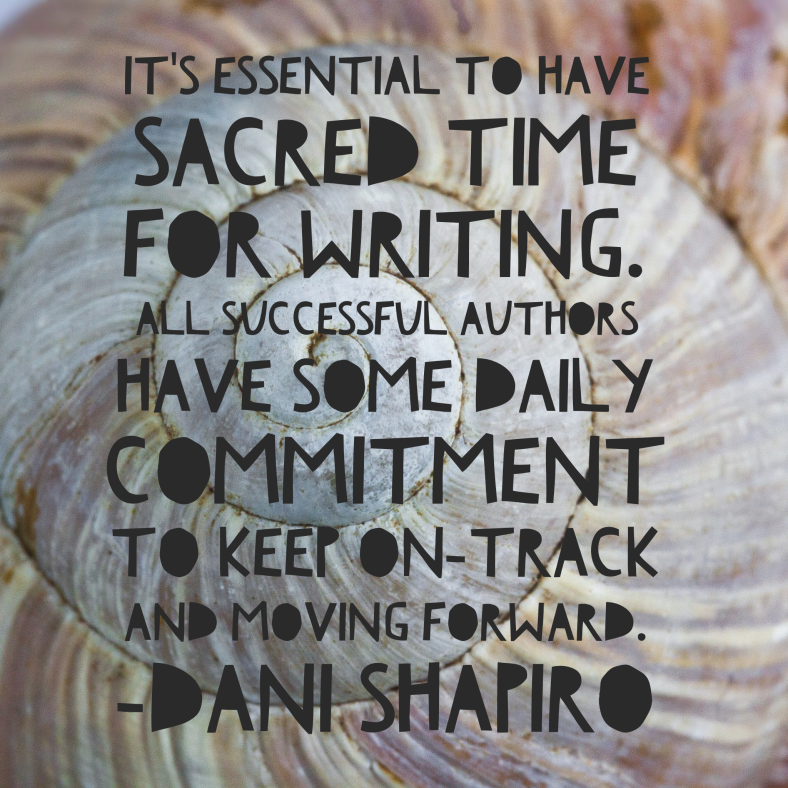
This how-to writing book was first published in 1995 but it’s my latest writing book read. Stein is a successful author and respected editor. While it’s a little outdated on the state of the book market, it’s a standout in its genre because it’s practical, technical as well as strategic, well written and inspiring. Stein also covers fiction and non-fiction, while many books do one or the other.
The topics he covers include the technical essentials such as character, point of view, opening, dialogue and how to stand out, albeit in a more strategic way than I’ve seen before (by that I mean he writes about these issues as part of the whole rather than as distinct aspects).
He also offers some different and more strategic approaches such as how to use all of the six senses in your writing, particularity, resonance, love scenes, tapping into your originality, ‘guts’ ad how to revise fiction. His great writing, frequent use of examples, and strategic point of view, and all done in an encouraging way, are memorable. I’ll always find his lessons useful.
Key take outs:
- In the chapter ‘Triage: A Better Way of Revising Fiction’, Stein offers a prioritised approach to rewriting manuscripts. Rather than going sequentially from beginning to end, he offers up a list of issues to resolve beginning with the main character, antagonist, minor characters, conflict, memorability of scenes, motivation etc.. I found this approach very helpful. Even if you don’t use it, it provides a thorough checklist.
- Practice is essential. Practice is good. Practice is normal. “By practice one learns to use what one has understood. Only writers, it seems, expect to achieve a level of mastery without practice.” So don’t feel bad if you’re not there yet. Just keep working at it. Be open to learning, search for constructive criticism, attend workshops and read read read books like this.
- I yawn at those lists to of questions to ask your character to get to know them better. He has a much deeper set of exercises that I found interesting and much more useful, including listening to your character complain bitterly, having a heated argument with them, picturing them old/young or in an unusual situation, and having a conversation to have with them before sleeping in the hope you’ll wake up with a solution to any story issues.
Score: 10/10 Instructive





